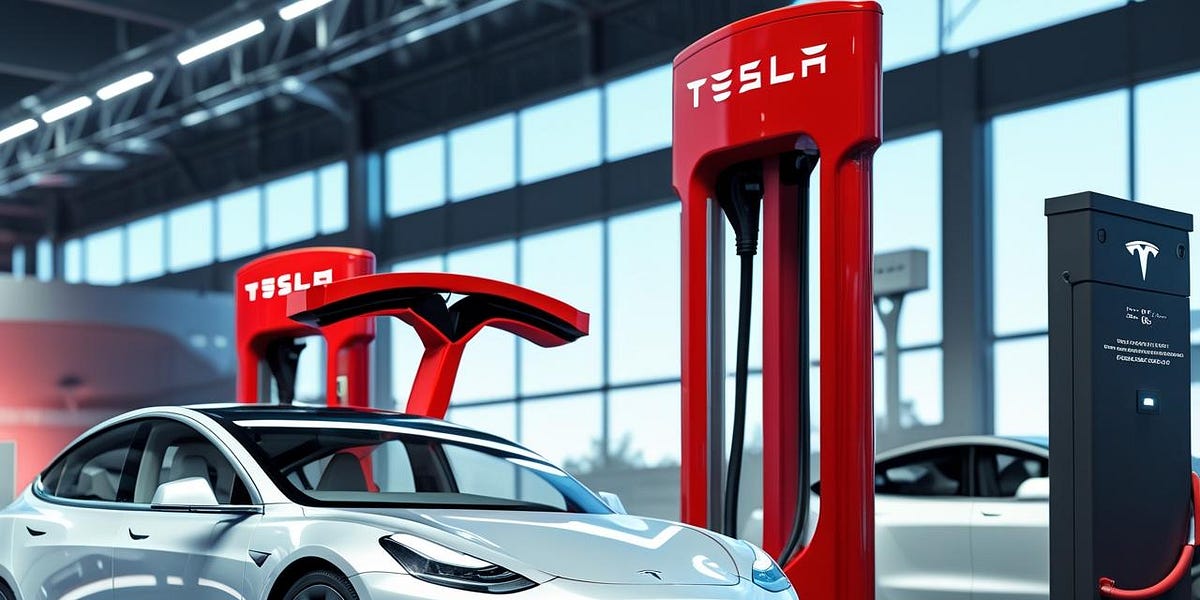Trump Urges Surge in Oil Production as Iran Tensions Escalate, Strait of Hormuz Closure Looms
As fears of a broader conflict ripple across the Middle East, former President Donald Trump on Monday called for an aggressive ramp-up of global oil production following US military strikes on Iranian nuclear facilities.
Taking to social media, Trump issued a directive laced with urgency and political bravado, “To the Department of Energy: DRILL, BABY, DRILL!!! And I mean NOW!!!” He added, “EVERYONE, KEEP OIL PRICES DOWN. I’M WATCHING! YOU’RE PLAYING RIGHT INTO THE HANDS OF THE ENEMY. DON’T DO IT!”
The demand came as oil markets wavered and US diplomatic outposts across the region braced for what officials fear could be a wave of Iranian retaliation.
The White House, while not confirming whether further strikes were imminent, intensified its rhetoric on Monday, warning Iran against following through on threats to close the Strait of Hormuz a narrow but critical maritime chokepoint through which nearly 20% of the world’s oil supply flows. Iran’s parliament has voted in favor of the closure, escalating concerns that Tehran might take the unprecedented step of choking off the global energy lifeline. A final decision now rests with the country’s powerful National Security Council.
Energy markets reacted swiftly, with oil prices initially spiking by 4% in early trading Sunday night before retreating slightly as traders weighed the uncertain response from Iran. By Monday morning, oil futures remained elevated, reflecting ongoing volatility rather than immediate panic. Still, the geopolitical undercurrents are unmistakable. U
S embassies in the Middle East, including those in Lebanon and Israel, have been ordered to reduce staff or shut down nonessential operations. The State Department issued an alert urging Americans worldwide to exercise caution, while American citizens in Qatar home to the key Al Udeid Air Base were advised to shelter in place. Qatar itself briefly closed its airspace in an unusual step not seen in years.
The Biden administration, under increasing scrutiny for its handling of the spiraling tensions, attempted to steady the narrative. White House Press Secretary Karoline Leavitt delivered a blunt warning to Iran, stating that a move to close the Strait of Hormuz would be “foolish,” while also downplaying the inflammatory tone of Trump’s remarks calling for possible regime change in Tehran.
“The president was just simply raising a question that I think many people around the world are asking,” she said in a Monday briefing. Still, the mixed signals left foreign policy analysts questioning whether Washington’s objectives in Iran are shifting from containment to something more confrontational.
Adding to the complexity is Iran’s delicate balancing act. Though it has long threatened to close the Strait of Hormuz, many experts believe it is unlikely to follow through. The economic blowback would be immediate and severe not just from the West but potentially from China, Iran’s top crude customer. “There’s been a lot of suggestion as well that this isn’t something that is incredibly likely,” said Colby Connelly, senior fellow at the Middle East Institute. “But if the 2020s have taught us anything, it’s that economic ties don’t always prevent conflict.”
The regional powder keg has already drawn parallels to the lead-up to Russia’s invasion of Ukraine in 2022, when energy sanctions and global supply anxieties dominated headlines.
Unlike Russia, however, Iran is more isolated from the global financial system and less reliant on Western markets. That makes its strategic calculus harder to predict and arguably more dangerous.
For now, the world watches and waits. Oil traders monitor the Strait. Diplomats weigh Tehran’s next move. And Washington still reeling from the political and military consequences of its latest show of force must prepare for a response that could come in the skies, on the seas, or through the global economy itself.
Erizia Rubyjeana
Follow us on:












